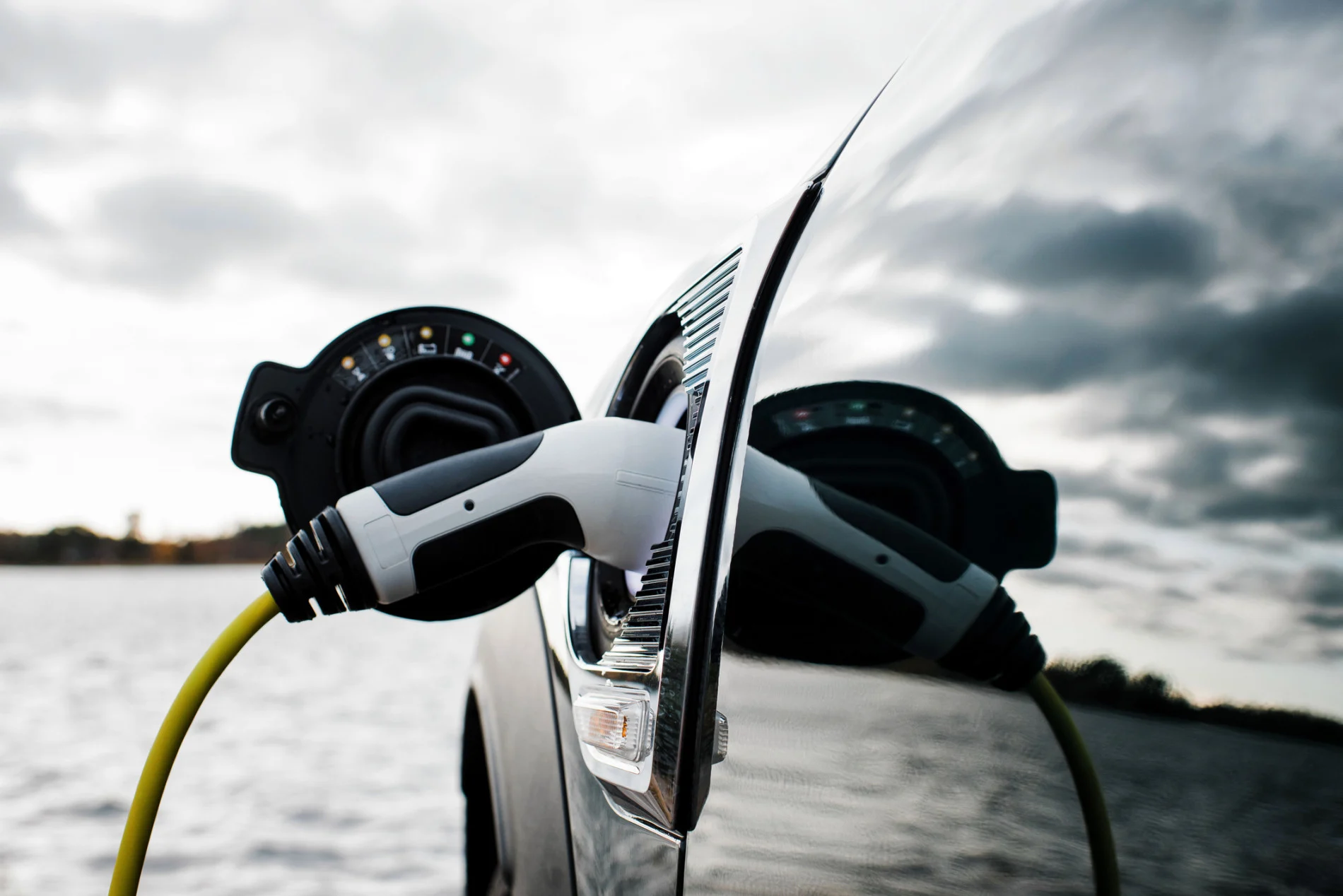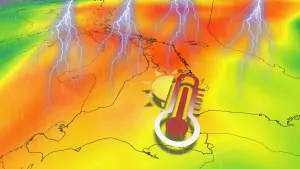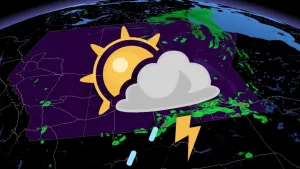
Why are electric vehicles so hard to get in Nova Scotia?
If you’re looking to buy an electric vehicle in the Canadian province of Nova Scotia, expect to wait about eight months. Climate policy coordinator Thomas Arnason McNeil explains why there's a critical supply shortage of electric vehicles in a province with one million residents at a time fuel prices are skyrocketing.
Halifax-based electric vehicle (EV) salesman Jeremie Bernardin says there is an increasing interest in EV’s in Atlantic Canada due to economic reasons
"We're seeing a lot more people become aware of the savings that you get from driving an electric vehicle and these gas prices are painful for everyone, right?,” Bernardin told The Weather Network.
“It's getting very expensive going to and from work and going electric there's some really significant savings," Bernardin stated.
Thomas Arnason McNeil, climate policy coordinator for sustainable transportation at Halifax’s Ecology Action Centre, says demand for electric vehicles isn't the problem in Nova Scotia, supply is.
"There's a critical supply shortage of electric vehicles in Nova Scotia. Only roughly 1 in 10 dealerships have an electric vehicle on the lot and wait times can go up to eight months."
So, why is that?
In provinces like Quebec and B.C., there are regulations in place that require auto manufacturers by law to sell a certain percentage of electric vehicles every year.
McNeil said, "We don't right now have a policy that's like that's implemented in Nova Scotia.”
“So when electric vehicles come into the country, oftentimes they get redirected to those two provinces."
A zero emissions vehicle supply mandate was passed in Nova Scotia in November of 2021 that would see 30 per cent of new vehicle sales be electric by 2030. It just hasn't been implemented.
McNeil thinks part of the problem is the provincial government may be holding out on implementation to avoid having two policies that overlap.
"One of the challenges that there's been is that the federal government has said OK, this is a huge problem in many places across the country, so we're going to do a federal sales mandate, but the thing is, that's slated for 2024," McNeil said.
With transportation being the second largest source of greenhouse gas emissions in the country, McNeil thinks it should be implemented sooner rather than later.
"At a certain point we're going to need to address emissions from passenger vehicles and the way to do that is on the quickest possible timeline, get folks driving electric vehicles. Now what you need at the same time is to make cities walkable, to make cities bikeable, and to give people better access to clean transit."
Thumbnail credit: Cavan Images/ Getty Images











